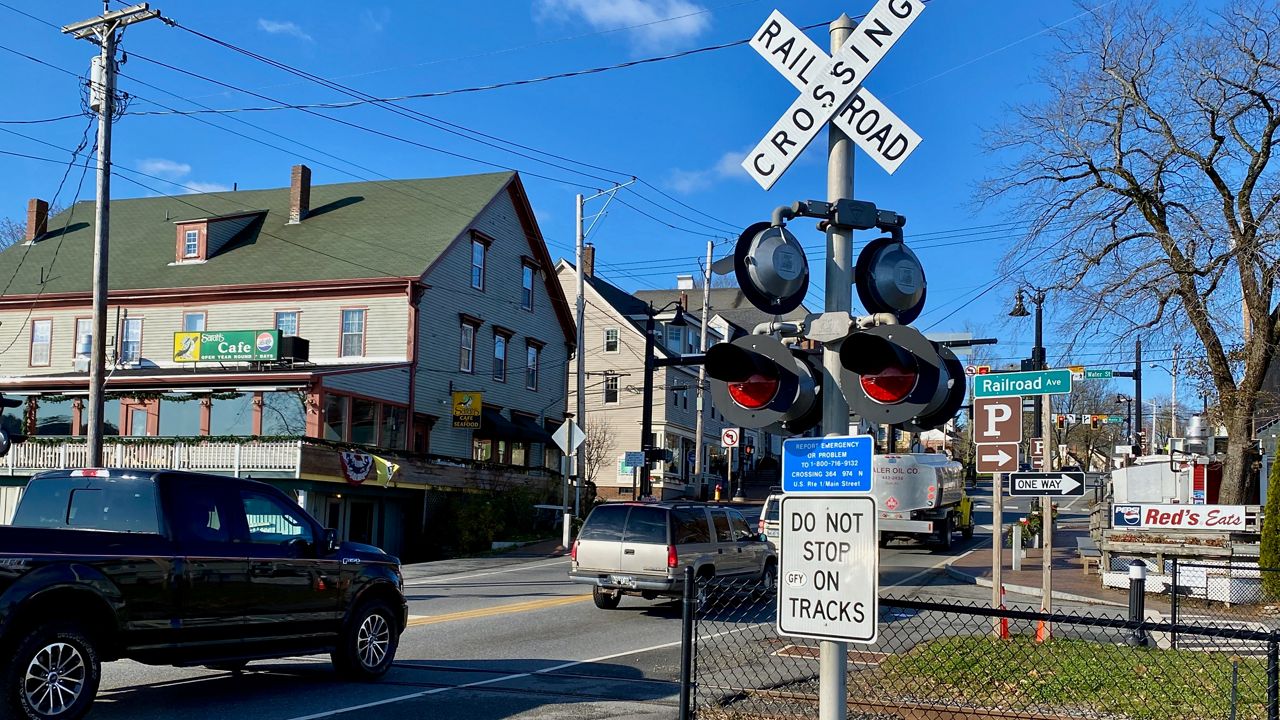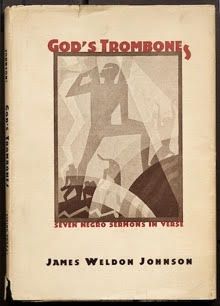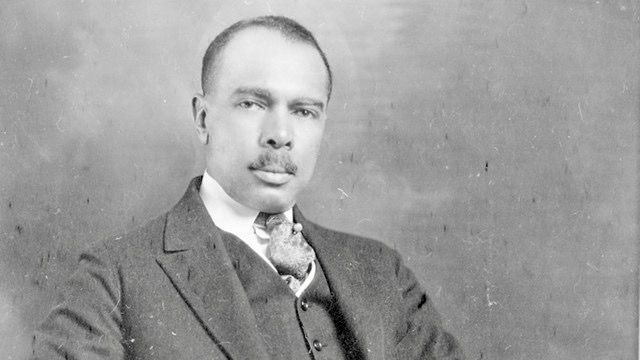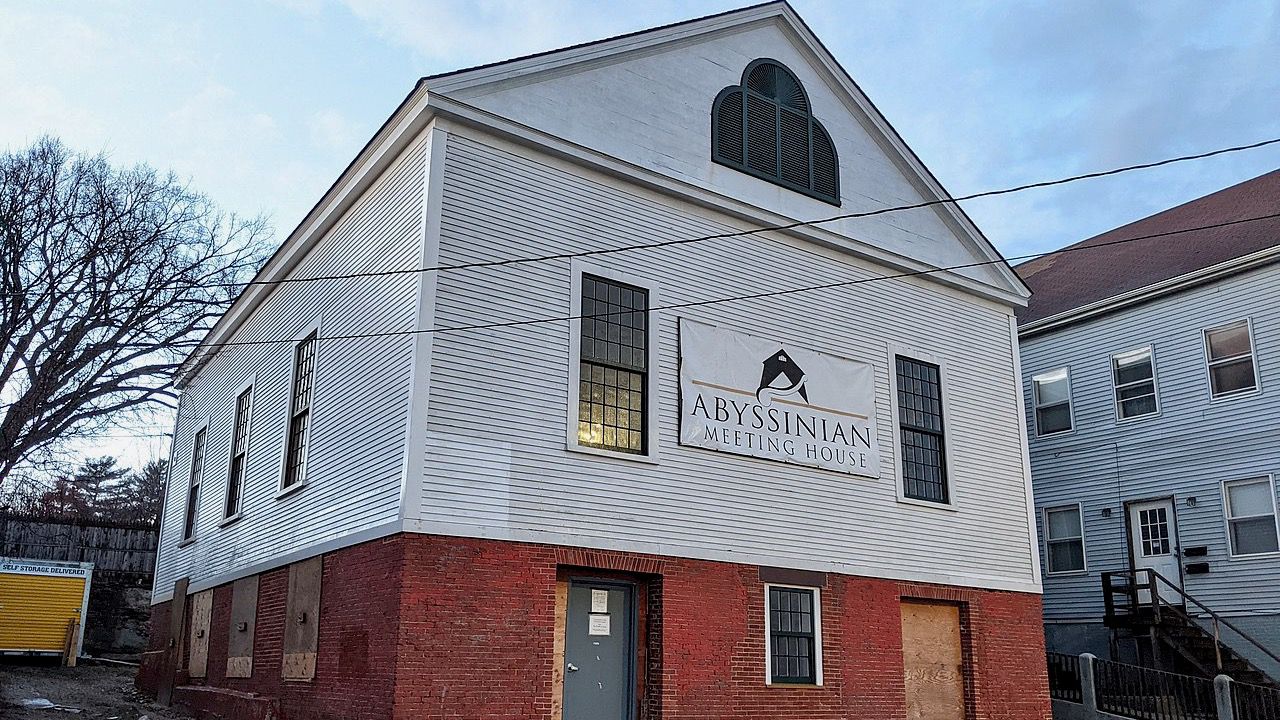Maine is poised to honor the legacy of the civil rights leader who wrote what’s commonly referred to as the Black national anthem, a song that’s found renewed relevance at a time when the country continues to struggle with racial justice.
James Weldon Johnson, who wrote the lyrics to “Lift Every Voice and Sing,” was a Maine summer resident who died on U.S. Route 1 in Wiscasset on June 28, 1938, when the car he was riding in was hit by a train.
More than 80 years later, national efforts to honor him in Florida, his birthplace, and Maine, his vacation home and site of his tragic death, are taking shape.
“He chose this place,” said Meadow Dibble, who’s leading a commission charged with honoring Johnson. “He chose to visit here and vacation here regularly. Maine was a place he wanted to be and a place where he felt welcomed.”

Johnson was 67 when he died in the accident at the railroad crossing near what’s now the popular Wiscasset restaurant Red’s Eats. His wife Grace Johnson, then 40, was driving in heavy rain when she struck the side of the train’s engine. Johnson died shortly after he was pulled from the wreckage and his wife sustained serious injuries, according to a report recently released by Maine state archivist Kate McBrien.
Johnson’s long list of accomplishments includes being the first African American to lead the NAACP – a post he held for more than a decade – and service as U.S. consul to Venezuela and Nicaragua under President Theodore Roosevelt.
A poet, lawyer and author, Johnson taught creative writing at New York University and Fisk University and fought for anti-lynching laws. He and his wife, also a prominent civil rights activist, spent summers in Dark Harbor, a village in Islesboro.
“He was an inspiration to many and played an important role in African American culture and history,” said Lucia Droby, a Wiscasset resident who has explored the possibility of putting up a memorial to Johnson in the town.
Her efforts will now be combined with a state legislative task force organized by the Permanent Commission on the Status of Racial, Indigenous and Maine Tribal Populations. Assistant House Majority Leader Rep. Rachel Talbot Ross, D-Portland, sponsored legislation earlier this year to create the task force and to designate June 17 – Johnson’s birth date – James Weldon Johnson Day.
“James Weldon Johnson may not be a name that is known in every household,” Talbot Ross told members of the Legislature’s State and Local Government Committee in April. “But in the moment in which we are currently living, when the struggle for racial equity and equal justice for all is at the center for our state and national dialogue, his legacy is ubiquitous.”
Talbot Ross sponsored the legislation following a chance meeting with former Florida state legislator Tony Hill who had visited Wiscasset in an effort to have a historical marker placed in town. Hill was visiting a friend in Portland when they stopped by the Abyssinian Meeting House and he asked someone there if she knew Talbot Ross.
She did and that led to a discussion over lunch in which Talbot Ross offered to sponsor legislation, Hill said.
“The state of Maine has gone beyond the call,” he said. “We not only have a date every year, but a commission to talk about reconciliation and race.”

Johnson grew up in Jacksonville, as did Hill. Next year, the city is scheduled to open a park in memory of Johnson and his brother John, who set the “Lift Every Voice and Sing” lyrics to music. It was first performed in 1900 to commemorate Abraham Lincoln’s birthday.
With the NFL and NBA playing the song before games, more and more people are curious about Johnson’s life, Hill said. And in Congress, Rep. James Clyburn, D-S.C., has introduced legislation to make the song the country’s official hymn.
Hill said part of the reason to put a historical marker in Wiscasset is to draw the connection between Maine and Florida via Route 1. Talbot Ross referenced the idea in her remarks to Maine lawmakers.
“In between, there are a number of significant sites – the James Weldon Johnson Memorial Collection at Yale University, for instance, and the James Weldon Johnson Institute at Emory University,” she said in her testimony.
In October, the commission hosted a day-long workshop – which Hill flew in from Florida to attend – to talk about ways to commemorate Johnson’s life. Dibble said 40 people, including Wiscasset leaders, prominent members of Maine’s African American community and out-of-staters such as Hill, spent the day talking about an annual observance and memorial.
Beyond that, they discussed ways to use his legacy to spark discussions across Maine about ways to end racism, said Dibble, director of community-engaged research at the commission and a visiting scholar at Brown University.
“He was an extraordinary man,” she said. “It’s really surprising we don’t know more about him. He certainly deserves it.”








